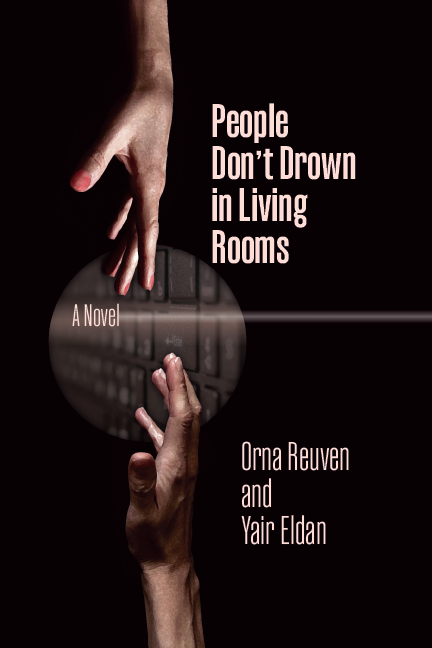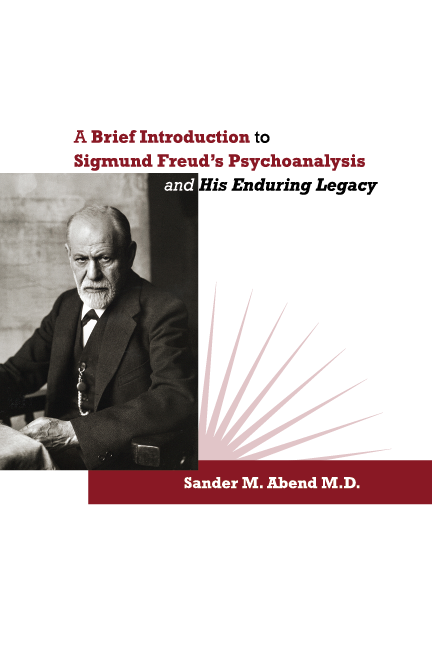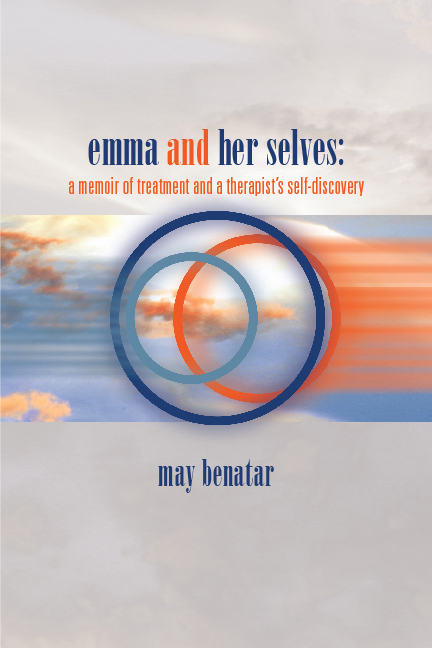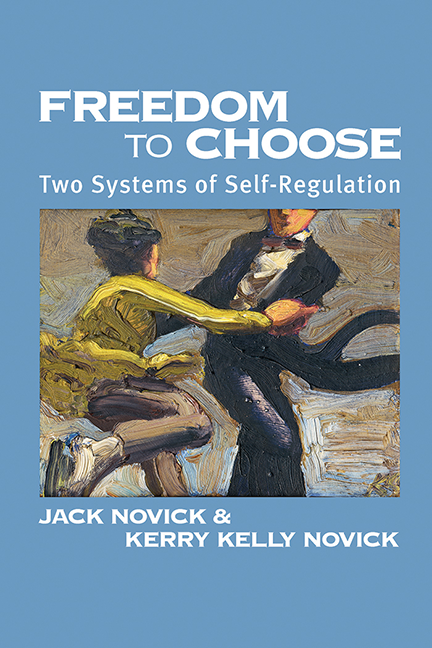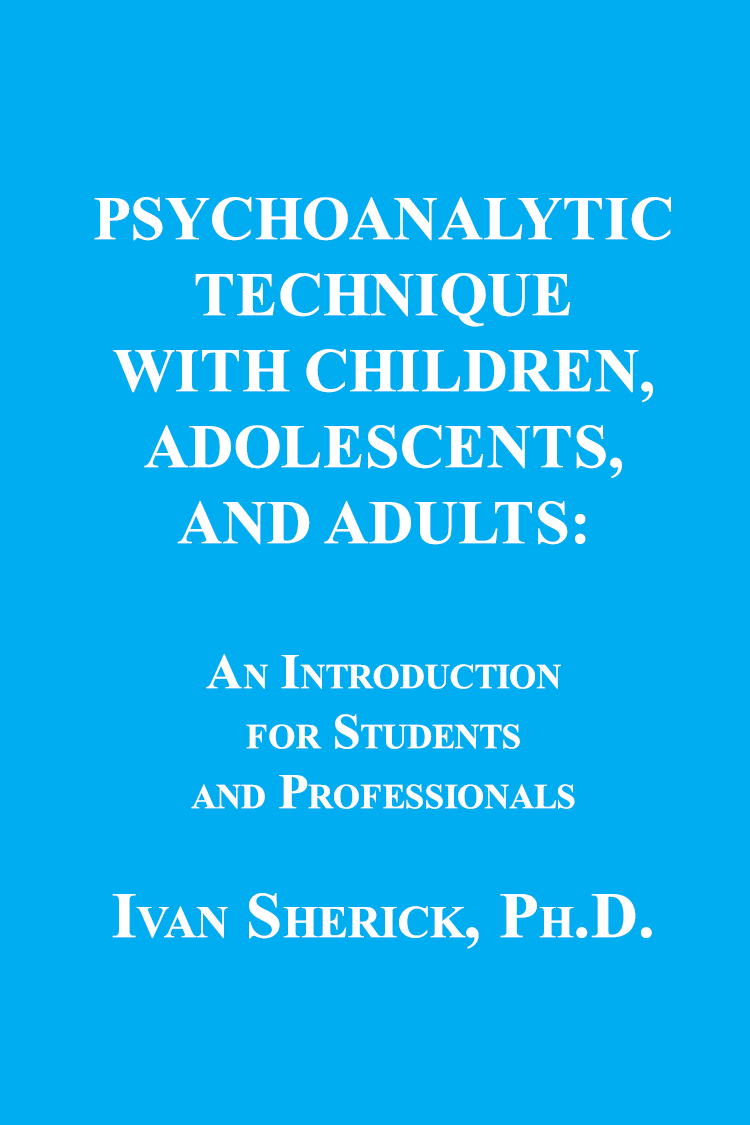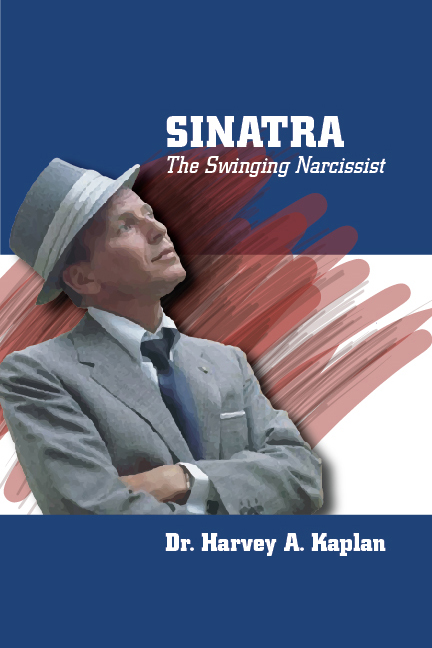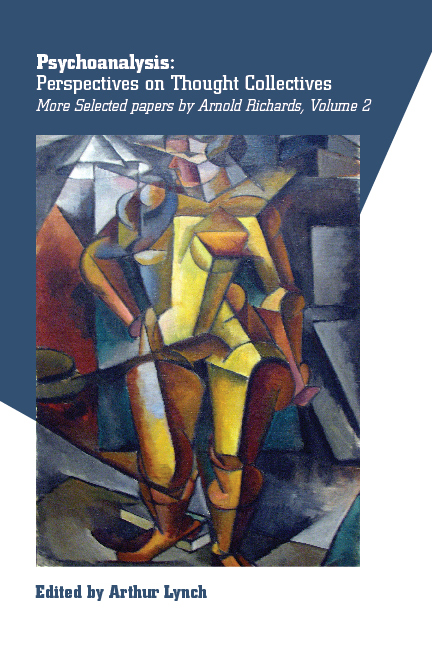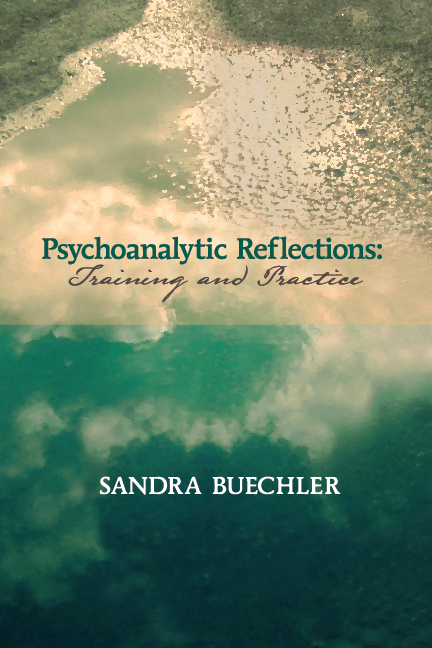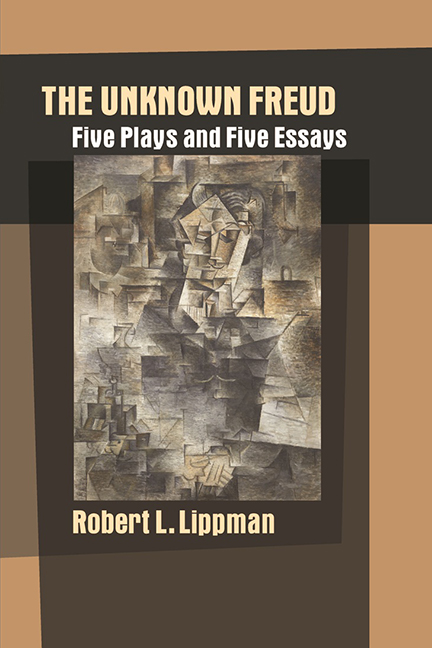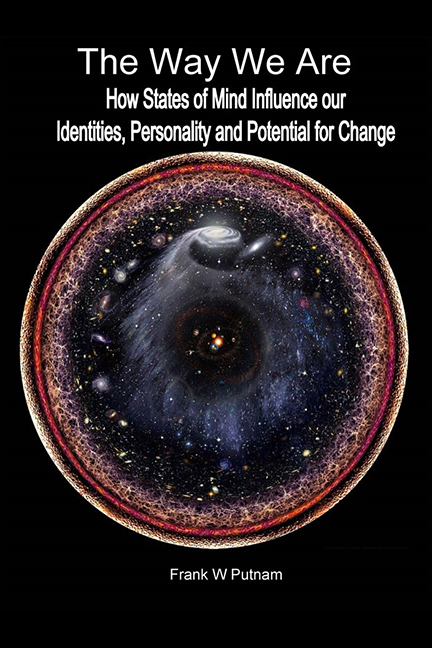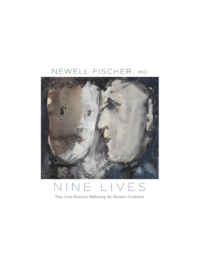Praise For Relational Horizons:
“Alejandro Avila’s Relational Horizons shines a Mediterranean light on relational psychoanalysis, illuminating the state of the field in Spain. This comprehensive edited volume covers the origins of the relational movement, its pioneers, its conceptual foundation, its spirit, and its implications for treatment. The impressive contributors enlighten with their thorough scholarship and therapeutic acumen. Altogether an outstanding volume of essential reading for any clinician. It can introduce the relational approach to those who have not encountered it, and deepen the understanding of those who are already familiar with the relational literature” [Sandra Buechler, Ph.D., author of Clinical Values: Emotions that Guide Psychoanalytic Treatment (Analytic Press, 2004); Making a Difference in Patients’ Lives (Routledge, 2008); Still Practicing: The Heartaches and Joys of a Clinical Career (Routledge, 2012) and Understanding and Treating Patients in Clinical Psychoanalysis: Lessons from Literature (Routledge, 2015)].
“In a dialogic treasure from start to finish, Spanish and Catalan relational psychoanalysts both engage and enrich English-speaking relational psychoanalysis. From philosophy to the clinical moment, these essays provide eyes, ears, and understanding in their varied accents. Even the introduction is worth the price of the book!” [Donna Orange, Ph.D., author of Thinking for Clinicians: Philosophical Resources for Contemporary Psychoanalysis and the Humanistic Psychotherapies (2010), The Suffering Stranger: Hermeneutics for Everyday Clinical Practice (2011), Nourishing the Inner Life of Clinicians and Humanitarians: The Ethical Turn in Psychoanalysis (2015), and Climate Crisis, Psychoanalysis, and Radical Ethics (2017) all in Routledge].
“Relational Horizons is a marvelous compendium of engaging, and at the same time, deeply scholarly writing that covers the evolution and current status of the relational orientation in Spain. But saying this scarcely does it justice–in truth, this remarkable book offers a fine account of relational thinking not only in Spain, but worldwide. Various chapters take up the relational school’s history, its main philosophical underpinnings, its central contributors, its theoretical position, and how it’s practiced. Key topics–attachment, trauma, the internal and external setting, and many others–are excellently examined. We hear from many of the most thoughtful and influential contemporary Spanish voices, and their voices are intriguing, compelling, and yes, certainly, “passionate.” Kudos to Alejandro Avila and his collaborators, for this highly sophisticated, comprehensive text that deeply satisfies the reader in ways both intellectual and emotional. I heartily recommend it to any practitioner–whether novice or experienced–who might be interested in developments in the relational camp both specific to Spanish relational psychoanalysis and in the field at large” (Margaret Crastnopol, Ph.D., Seattle Psychoanalytic Society and Institute, supervisor of psychotherapy and faculty member at the William Alanson White Institute of Psychiatry, Psychoanalysis, & Psychology in New York City. She is the author of Micro-trauma: A Psychoanalytic Understanding of Cumulative Psychic Injury, Routledge, 2015).
“Mediterranean Voices is essential reading on two counts for all those interested in contemporary psychoanalysis. One finds here the broadening and deepening of perspective on the human being offered by the relational turn; at the same time, placing these shifts in cultural perspective opens up expansive vistas in the ways psychoanalysis can be reimagined on a global stage” (Neil Altman, Ph.D. Psychoanalytic psychotherapist, clinician and author of The Analyst in the Inner City: Race, Class, and Culture through a Psychoanalytic Lens, Routledge, 2009 and Psychoanalysis in Times of Accelerating Cultural Change: Spiritual Globalization, Routledge, 2015).
From the Foreword By Spyros D. Orfanos
A funny thing happened to me when I was preparing the scientific program for the 2007 Athens conference for the International Association for Relational Psychoanalysis and Psychotherapy (IARPP). A computer malfunction caused the loss of information about the panel submissions of the Spaniards who were planning to travel to Greece and participate in the event. I was upset because I had no way to communicate with them. Not knowing even their names, I felt devastation and walked around for days murmuring, “What happened to the Spaniards?” Finally, the Spaniards sent an email message and we resolved matters. They came to the conference armed with dazzling theoretical and clinical presentations for an eager international audience. The Andalusian-Athens connection was saved. Years later in 2011, Alejandro Avila of Madrid and Ramon Riera of Barcelona co-chaired the Madrid conference of IARPP, the very year I was president of IARPP. Thus, continued the scholarly contributions of today’s Spaniards to the expansion and dissemination of relational ideas and practice. If it can be said that relational thinking has been part of the global age of psychoanalysis, and I believe there is clear evidence for this, then the Spaniards have played a crucial role.
Relationality as a concept has evolved over time to become an entity of its own, on which theoretical, social, and educational enterprises have been built. In the development of relational psychoanalysis and psychotherapy, a book emerging from a specific country or geographical region is a natural addition. The creation of this edited volume by Avila is a major achievement. By composing it, Avila and his colleagues allow us to consider the vast archipelago of relational thinking with Spanish eyes.
It is of historical interest that the first translation of Freud’s collected works was in Spanish by the philosopher Ortega y Gasset. But as Avila explains while relational thinking took formal hold in Spain in the early part of the 21st century, it has its roots in the 1960s when the intrapsychic began to lose its grip on the clinical psychological world of Spain. The contributors to this volume have been influenced by the early developments of the relational school in the United States and even before that by the pioneering interpersonal and cultural schools of psychoanalysis as exemplified by H. S. Sullivan and Erich Fromm. Yet, the contributors in this book travel with their own Mediterranean sensibilities about theory construction, and ways of uniting the humanities and sciences.
Culture and context have always been said to be important in modern psychology but those who practice relational psychoanalysis actually mean it. Moreover, one of the major clinical principles of relational perspective is that every psychoanalytic dyad has its unique features and from this we know that the participants have to invent their own therapeutic process of change. This process has bidirectional elements. It is rooted in each participant’s psychological core and the manner in which he or she is influenced by the other. But because they were not directly educated in psychoanalysis by Anglo-American traditions, what we find in these pages is a particular passion for relational thinking that incorporates a Mediterranean sensibility with a particular Spanish coloring.
This does not mean that they use the post-Romantic European imaginary that is treated critically by many contemporary thinkers within Spain and elsewhere in the Mediterranean. The reader of this book will not find the most frequent romanticizing tendency that the Spanish culture is the expression of a tragic, primitive, and folkloric Spain. There are no references to Don Quixote, the poet Federico García Lorca, the painter Salvador Dalí, the filmmaker Luis Buñuel, the composer Manuel de Falla, medieval Iberia, the Franco dictatorship, Guernica, economic austerity, the political leftist party Podemos, or soccer.
The thinking and values that are at the root of these assembled essays go beyond stereotypes. They bring us to a wide breadth of coverage of contemporary relational thinking and what strategies and methods are viable and effective in best serving others. The Spanish sensibility in these pages is a modern one.
Like other nations of the Mediterranean (i.e., Greece, Italy, and Israel), Spain’s cultural heritage has often been turned into a commodity for craving tourists seeking exoticism. In the volume, you the reader hold in your hands, this is highly resisted. These studies have an insightful sensitivity to globalization and its means of communication across nations and generations. In fact, it may be an underlying premise of all the chapters in this book that understanding our relationality in a global age and its pathologies allows us to brave our vulnerable, common humanity-that of our patients and our own. The pathologies, according to Florentine philosopher Elena Pulcini, can be our sense of unlimited individualism and fearful, closed communities.
Deep down what the writers know in their blood and bones is that the relational approach is neither comforting for the patient nor the therapist, but it can be healing. What is clear is that the Spaniards are not relationalists because they lack discipline. They are relationalists because they think deeply and feel deeply and therefore honor their humanity, their social consciousness and that of their patients. Lastly, they help us understand, to paraphrase the American artist Robert Rauschenberg, that relational ideas are not real estate.
We have reasons to be grateful to Alejandro Avila and the contributors to this anthology and the English language version of their essays. They remind us that some recent and sparkling thinking about relational horizons can be accomplished from across the Atlantic. We should not be surprised. We might even be influenced if we have the good fortune.
I have always been fond of a delicious story told by the playful Chilean Pablo Neruda. It was about being with the enchanting enchanter – Federico García Lorca. Neruda was reading one of the poems he was working on to his friend. Neruda says that halfway through his Andalusian friend would stop, raise his arms, shake his head, cover his ears, and cry, “Stop! Stop! That’s enough, don’t read any more, you’ll influence me!” I believe the reader of this book may be delighted with such an influence.
–Spyros D Orfanos, Ph.D., ABPP
New York City, USA













